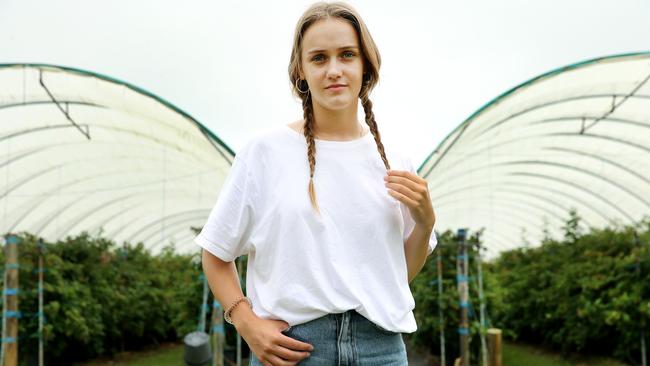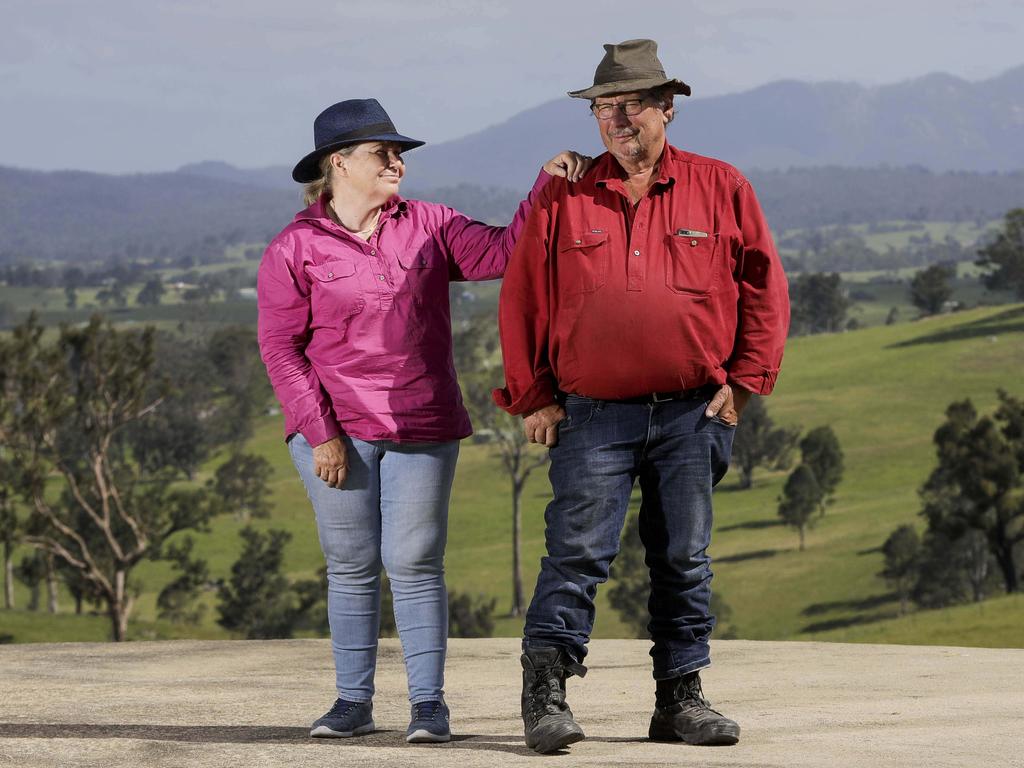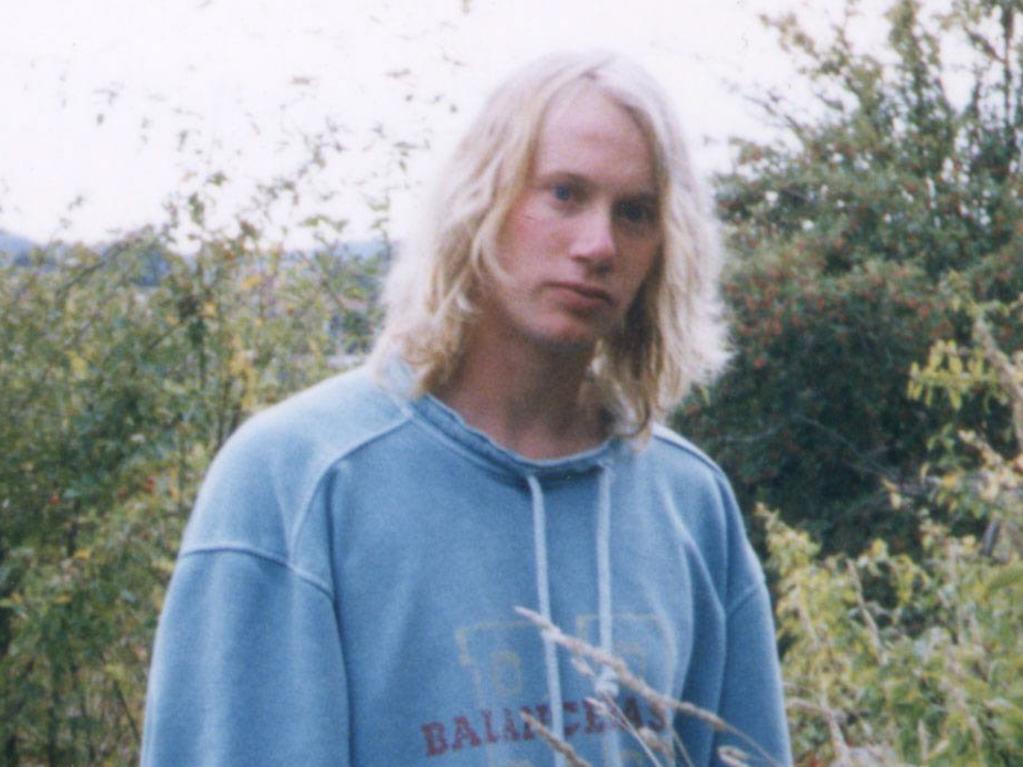Backpackers get $3 an hour to pick fruit
Workers were offered as little as $60 a day, coerced into unpaid work, and stuck in overpriced share accommodation.

Backpackers working in the fruit-picking industry are being paid as little as $3 an hour, with a three-month investigation into conditions in the Coffs Harbour region concluding there was widespread exploitation of workers on holiday visas.
The probe, undertaken by the McKell Institute, found workers were being offered pay rates as low as $60 a day on blueberry farms on the NSW north coast, coerced into unpaid labour, and stuck in crowded, significantly overpriced share accommodation.
The Australian Workers Union is now demanding a royal commission into conditions among fruit-picking workers, while the National Farmers Federation said the bad conduct by “very few” employers was threatening to tarnish the reputation of the majority of growers.
The McKell report found gross underpayment of migrant workers, “callous disregard” for worker safety, and a high rate of inappropriate labour-hire in the Coffs Harbour region’s blueberry industry.
Despite workers being promised rates of $700 to $1000 a week, it found rates of pay had fallen to as low as $3 an hour on some north coast farms — well below the award rate of $24 an hour.
Workers reported being paid as little as $21 for a seven-hour day after being asked to work on low-yield crops.
One worker, an Australian citizen, was employed for a company in mid-September but did not get paid despite receiving pay slips. When she asked for her pay, she was berated by the labour hirer who spammed her phone with almost 2000 WhatsApp messages, calling her a “dog” and a “pig”, while ignoring her pleas to be paid.
Ed Cavanough, the lead author of the McKell study, said in one case 45 people were placed in four residences on one property. Each were charged $125 a week and shared four-bed dorms, with the landlord allegedly permitting two extra residents to sleep in their cars in the driveway but charging them the same rent.
Working holiday makers are required to complete 88 days of approved regional work to qualify for a second-year visa, and the need for them to complete this work period as a condition of their visa “grants employers considerable power over their employees”.
Workers interviewed complained about the low rates of pay on farms, some as little as $7 a bucket to pick low-quality fruit — the equivalent of $3 an hour — while others said they were earning $15 to $20 a day.
Accommodation, transport, food, and even equipment like gloves and berry containers had to be purchased directly from farm-owners, further reducing daily earnings, the investigation, which was funded by unions, found. Many workers were recruited by fly-by-night labour hire companies which use online sites such as Facebook, WeChat and Gumtree to promote fruit-picking as highly paid, fun work.
Mr Cavanough, who conducted fieldwork in October, said backpackers he spoke with felt intimidated and powerless.
“While not every employer is doing the wrong thing, too many are,” he said. “Ultimately, the illegal practices observed in this report do a disservice not only to the workers who are being underpaid, but to Australia’s reputation.”
Antonia Meibom, a German backpacker who worked on a blueberry farm near Coffs Harbour, said she was paid the equivalent of just $10 an hour, $14 under the minimum wage.
She said would work two hours at a time picking fruit and be paid $20, but would also be charged $7 for transport to a farm. “It makes you feel very unwelcome in the country, like they are trying to get rid of you,” she said.
AWU national secretary Daniel Walton said a royal commission into “systematic labour abuses” in the industry was needed as dozens of inquiries in the past decade had all found “the industry was full of shonks” but the exploitation remained.
He said good farmers were being “cannibalised” by the bad practices of labour hire contractors.
“Every single inquiry has come back with the same answer: that this industry is more than a few rotten apples,” he said. “The only course of action that is available is a wholesale, deep investigation and review. A royal commission is the most appropriate vehicle for that.”
But NFF chief executive Tony Mahar said the sector understood and shared the AWU’s concerns. Rather than calling for an “expensive and unlikely royal commission”, he invited the union to work with farmers on how to ensure a positive experience for all farm workers.
“The actions of a very few inflict a stain on our industry that very unfortunately threatens to tarnish the reputation of the majority of the growers who do the right thing and, at a time when they can least afford it,” he said.








To join the conversation, please log in. Don't have an account? Register
Join the conversation, you are commenting as Logout